
Stories of the plight of migrants and the heated politics surrounding the issue are almost a daily occurrence in the UK news. It is near impossible to not be emotionally affected by the photos of scared children, forced to leave their homes and families, traveling on boats or other means to seek better lives.
In the 12 months prior to June 2023, there were 5,186 asylum applications to the UK by unaccompanied children, some as young as 14, accounting for 7% of total applications (Refugee Council, 2023). Many of these children and young people have experienced unimaginable adversity and trauma before and during migration. They may have witnessed extreme violence and the murder of loved ones, or been victims of trafficking and abuse. Understandably, a great deal of these young people experience intense feelings of loss, fear, and guilt.
There has been a great deal of research into the impact of adversities following forced migration (e.g. Derluyn et al, 2023). However, unaccompanied children often demonstrate a great deal of inner strength despite these experiences. How do these young people develop resilience? This research sought to answer this question by asking the young people directly about their own lived experiences.
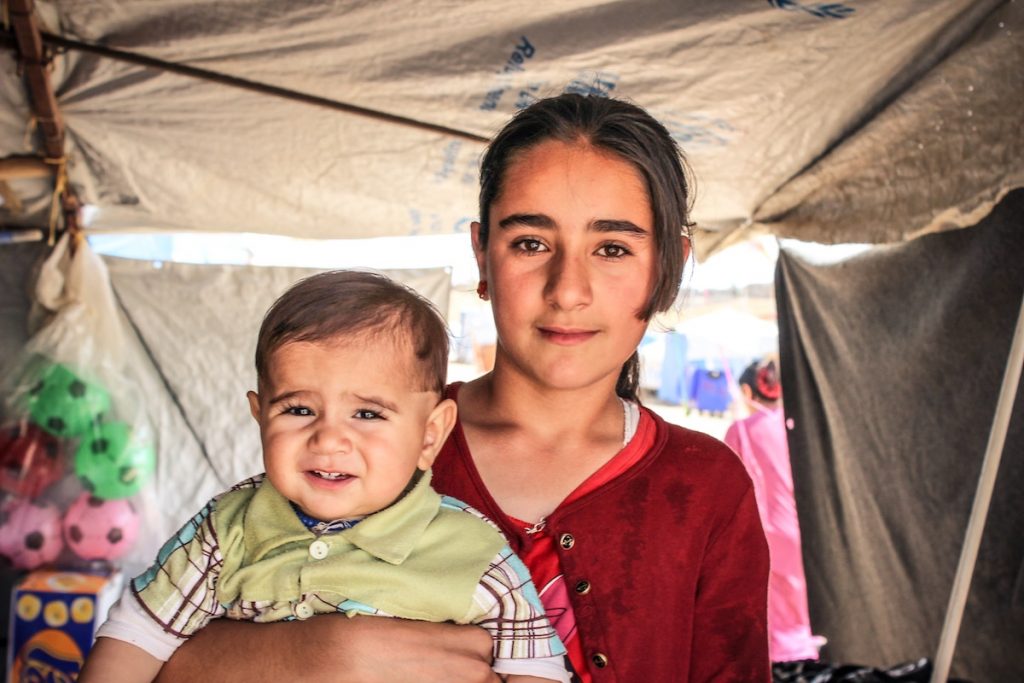
In the past 12 months, there were 5,186 asylum applications in the UK from unaccompanied children.
Methods
The lead researcher (who self-identifies as a white woman) invited participants through a small London charity supporting young refugees and migrants. Recruitment was in the form of conversations about the research with young people with consent gained prior to interviews. Interviews were conducted in community venues and developed in consultation with an experienced caseworker. Collaboration with interpreters was used when needed and appropriate, and young people were permitted to use drawings or examples to explain difficult concepts. Interpretative phenomenological analysis (IPA) was used to analyse the data, enabling researchers to reflect on the context of the experiences.
Results
Five male young people of Sudanese, Syrian, Eritrean, and Kurdish origin were interviewed. Four identified as Muslim and one as Christian. Three overarching themes of coping were identified from the interview data.
Engaging in a new life
Young people were found to manage their loss with activities (“college is like to forget about, to help me forget my family”) and accept life changes due to a lack of alternatives (“…I have no option to go back so I have to accept everything that comes”). The authors discuss how the young people interviewed actively respond and adapt to their situation, and that this is in the wider context of the loss they have experienced. This loss includes the idea of cultural bereavement (Eisenbruch, 1991).
Negotiating independence through connectedness
Participants shared how they had developed their own independence, and this was both required of them and a valued ideal (“I know very well that since I am here alone, I have to support myself”). The ability to be self-reliant was associated with their connection to others and culture (“after God, the people around you, they help you… people being around me they gave me strength… we have each other”). This theme was linked to the acculturative process, and how independence was drawn from friends and community in the absence of their home and family. This independence also intersects with these young people becoming young adults.
A religious worldview
Religion was described as helping the participants understand the past, the present, and the future (“I believe in God 100%, that’s why God is everything…I came to England whilst some people died in the Sahara, died in Libya… I say every day, thank God”). This was true for both those who identified as Muslim and as Christian. Some also spoke of feeling reassured by their religion and how it helped to connect them with lost family (“Even though I lost my brother, there are no guarantees for me… I may go tomorrow, so all I have to do is just pray for my brother and pray for myself”). One participant presented a more conflicted view on religion. The authors linked this to how difficulties can arise when individuals experience religious doubt, and this may be particularly distressing for those in Islamic communities as disbelief is often socially unacceptable.
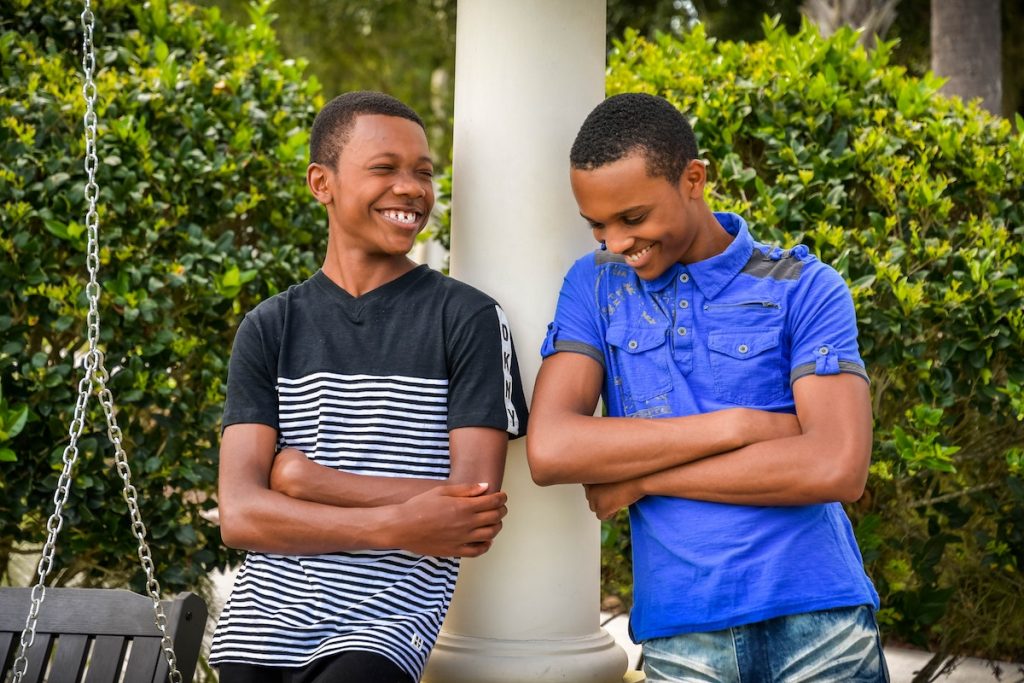
Engaging with the community, faith, and activities helped unaccompanied young refugees to adapt to their new life and cope with cultural and familial loss.
Conclusions
The authors concluded that the identified themes were compatible with current theories on coping following forced migration. Young people find active coping strategies in the context of significant loss, the importance of a sense of independence, and how this is developed through connection with others. Religion provides “a guide and a foundation” for these young people’s experiences during their resettlement in the host country.
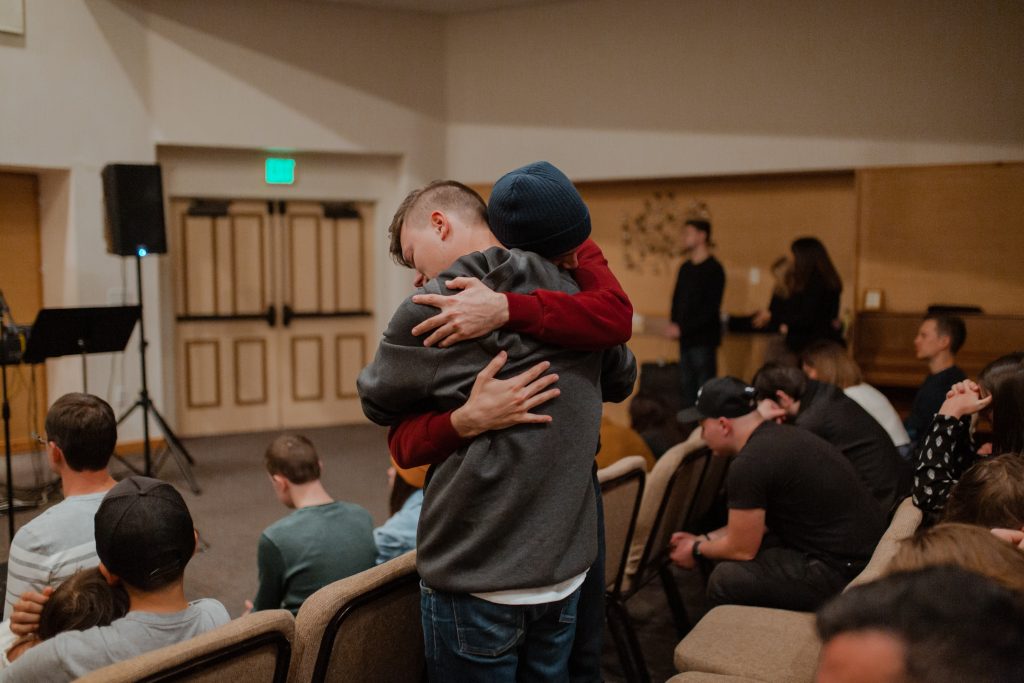
Young people find active coping strategies in the context of significant loss, including personal loss and “cultural bereavement”.
Strengths and limitations
The research is clear in its intent and frames the research question within clearly described existing theories. As stated in my own introduction to this blog, the experience of migrants is an emotionally and politically provocative topic. Exploring the lived experience of unaccompanied migrants and how they demonstrate coping strategies is a valuable addition to these discussions. As the authors state, the conclusions drawn have real-life implications.
Qualitative methodology for this research, specifically IPA (interpretative phenomenological analysis), makes practical sense when exploring the experiences of young unaccompanied migrants. IPA is an approach that aims to explore lived experience in an idiographic manner and is particularly useful when exploring emotionally laden topics (Larkin, Flowers & Smith 2009). It allowed the researchers to analyse each interview without being limited by theoretical preconceptions. The researchers presented a rigorous data analysis process, detailing how “each interview was analysed in its own right… three levels of interpretation: descriptive, linguistic and conceptual”. The main author also acknowledges her own interviewer bias as a white woman and how this may have impacted how the interviewees responded.
I do have some reservations regarding population validity for this research. The author explains how they volunteered at a youth centre run by a charity for young refugees and migrants. However, the detail regarding recruitment is lacking. There is no information regarding the general attendance at the centre and who was approached regarding participation. What was the demographic breakdown of the centre attendees? The authors only interviewed males. Were any females provided information regarding the study? It could also be argued that the young people who attend such centres may be the ones most likely to utilise connection as a coping strategy, and may not reflect the experiences of young people who did not engage with the charity.
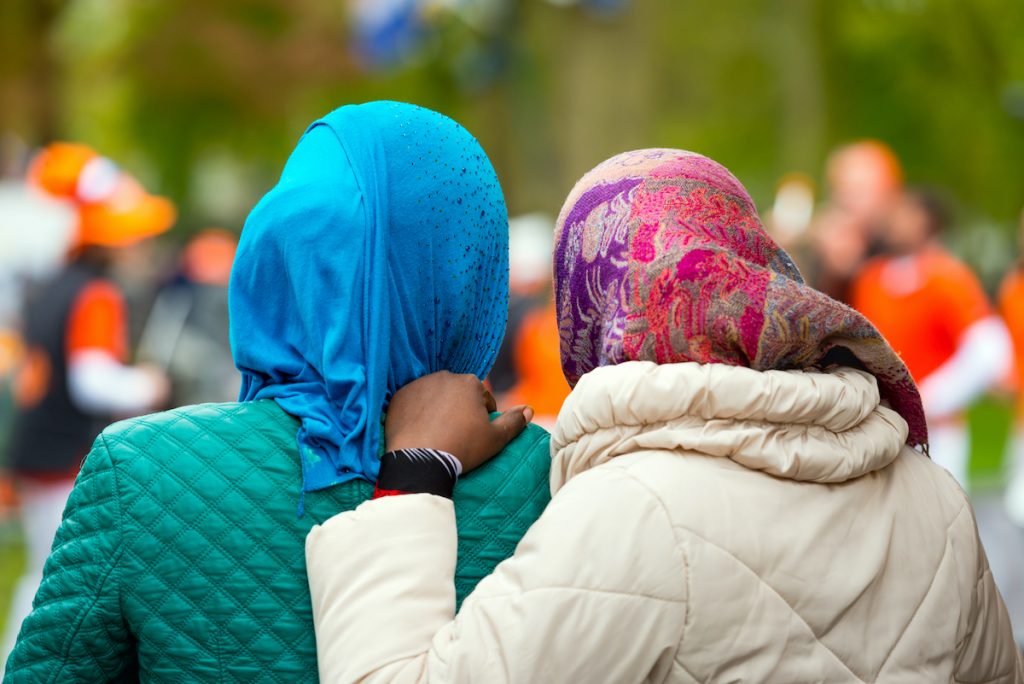
All of the participants were male. Can the same conclusions be applied to young female unaccompanied refugees?
Implications for practice
As the authors state, this research further emphasises the importance of unaccompanied young migrants being able to access community support, particularly support that is culturally relevant. It is undeniable that these young people have experienced a great deal of loss and likely trauma which may have a significant mental health impact.
However, this research calls into question the necessity of one-to-one psychological interventions versus addressing the potentially harsh realities of their current lived experience. For example, if somebody is disabled and resides in housing without lift access and experiences anxiety as a result, I would suggest it would be more helpful for that individual to be rehoused rather than access therapy. Similarly, rather than focusing on individual interventions for unaccompanied young people following forced migration, policy and funding may have more impact by increasing their social connections and providing them with the tools to be independent. It may be helpful for future research to provide more robust evidence for the benefits of engaging with culturally relevant community services, as often commissioners and policymakers require quantitative data when making funding decisions.
There are also strict family reunion rules in the UK, and unaccompanied children are unable to apply for their parents to join them (Migrant Council, 2023). This research provides further evidence of young people’s experience of loss and their need to have a sense of connection to home. Whilst I do acknowledge I am biased due to my own belief that a child should be able to reconnect with their family, I do also feel the evidence suggests that connection to their families could improve the wellbeing of unaccompanied migrants which may in the long term reduce their use of local authority and NHS services.
Lastly, as someone who works with young people and families, it is important to not only be trauma-informed, but also take a strengths-based approach. By acknowledging their resilience and active roles in their own lives, we can help to empower the individual. These young people demonstrate great inner strength despite their adverse experiences and perhaps evidence that it would also help to reduce the stigma that may be held by the general public.
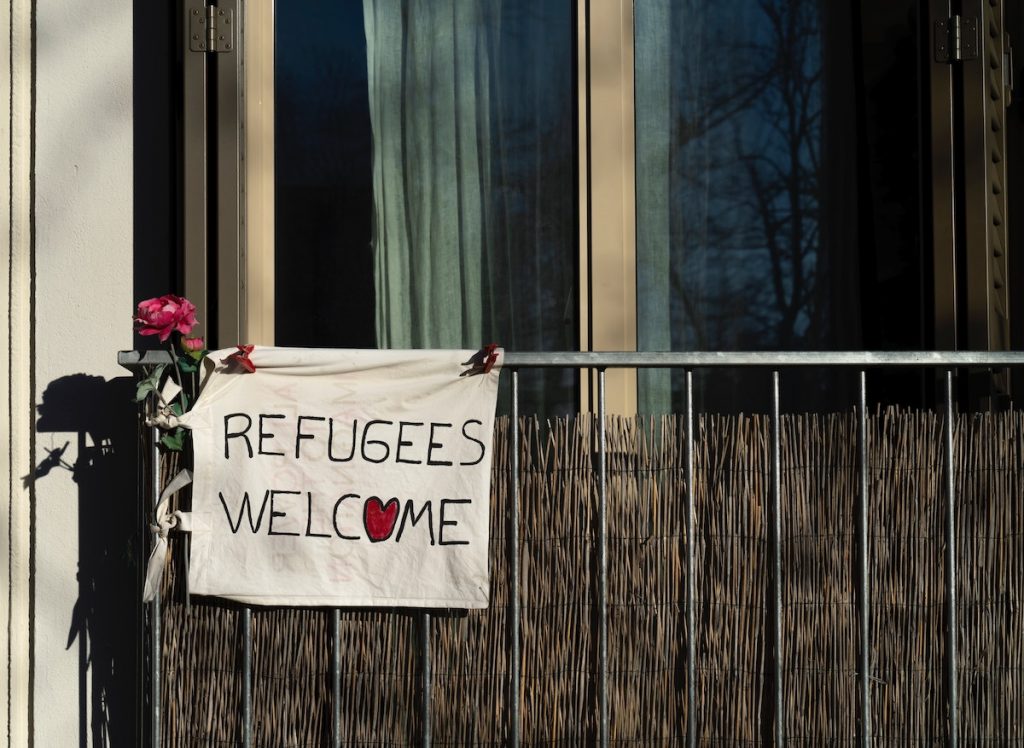
Policy-makers and commissioners need to fund more culturally relevant community services.
Statement of interests
None.
Links
Primary paper
Scott, J., Mason, B. and Kelly, A. (2022): ‘After god, we give strength to each other’: young people’s experiences of coping in the context of unaccompanied forced migration, Journal of Youth Studies, https://doi.org/10.1080/13676261.2022.2118033
Other references
Derluyn, I., Orsini, G., Verhaeghe, F., Elhaj, R., Lietaert, I., & Pfeiffer, E. (2023). The impact of trauma and daily hardships on the mental health of unaccompanied migrant minors detained in Libya. BJPsych Open, 9(1), E8. doi:10.1192/bjo.2022.622
Eisenbruch, M. (1991). From post-traumatic stress disorder to cultural bereavement: Diagnosis of Southeast Asian refugees. Social science & medicine, 33(6), 673-680.
Jakobsen, M., Demott, M. A., & Heir, T. (2014). Prevalence of psychiatric disorders among unaccompanied asylum-seeking adolescents in Norway. Clinical practice and epidemiology in mental health: CP & EMH, 10, 53.
Larkin, M., Flowers, P., & Smith, J. A. (2021). Interpretative phenomenological analysis: Theory, method and research. Interpretative phenomenological analysis, 1-100.
Top facts from the latest statistics on migrants and people seeking asylum, Refugee Council. Last accessed 25 August 2023.
Photo credits
- Photo by LaShawn Dobbs on Unsplash
- Photo by Ricardo Gomez Angel on Unsplash
- Photo by Jonathan Ramalho on Unsplash
- Photo by adrianna geo on Unsplash
